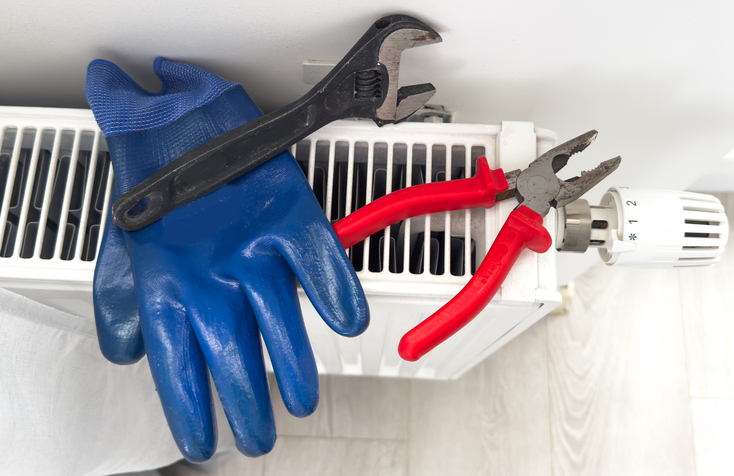Introduction
When it comes to keeping your home warm, choosing between gas and electric heating systems can be tough. Each has its pros and cons. Gas heaters promise faster, more powerful heat but more complex repairs. Electric heaters are simpler and safer but cost more in energy over time. Knowing the differences in repair processes, cost and efficiency can help you make a better decision. This guide breaks down the gas vs electric heating repairs in Baltimore, MD, to help you protect your investment and stay cozy. If you live in Maryland, scheduling regular maintenance can prevent costly breakdowns.
Gas vs. Electric Heating: Key Repair Differences
1. Repair Complexity
Gas heating systems have burners, gas lines and ventilation, so repairs are more complicated. Technicians need specialized tools and certifications to work with gas safely. Common issues are pilot light failures, clogged burners or malfunctioning gas valves. Electric heaters have fewer mechanical parts and are mainly circuits, wiring and heating elements. This simplicity makes electric repairs quicker and less expensive. But diagnosing electrical problems requires caution because of the risk of shock.
2. Cost of Repairs
Gas heating system repairs are more expensive due to the complexity and safety regulations involved. A faulty gas valve or burner replacement can cost hundreds of dollars. Electric heating system repairs are generally less expensive, often just minor component replacement or wiring fixes. While the initial repair cost is lower, electric heaters cost more in energy over time. You should weigh repair costs against efficiency and monthly energy bills.
3. Efficiency and Longevity
Gas heaters heat spaces faster and are more efficient for larger areas. With proper maintenance, a gas furnace can last 15-20 years, but neglect can mean expensive repairs. Electric heaters are more efficient at converting electricity to heat, but take longer to warm a home. Electric systems last 10-15 years and have fewer mechanical parts, so fewer long-term repair needs. Regular inspections can extend the life of both systems.
4. Safety Considerations
Gas systems require more attention because of leaks, carbon monoxide and explosions. Technicians must follow strict safety protocols during repairs to protect you. Electric systems have minimal fire risk if maintained properly, but faulty wiring can still be hazardous. Safety-conscious homeowners may prefer electric heating for peace of mind in smaller spaces or older homes. Regular check-ups and proper installation are key for both systems.
5. Maintenance Needs
Regular maintenance can save you money and extend the life of any heating system. Gas heaters need annual burner, gas line and ventilation inspections to ensure safe operation. Electric heaters need wiring, circuit and heating element checks. Scheduling heating maintenance in Ellicott City, MD, helps you catch minor issues before they become major problems. Both systems benefit from timely filter changes and professional service.
Choosing between gas and electric heating is all about balancing efficiency, repair complexity, safety and cost. Gas systems offer more heat but require more skilled repairs and safety precautions. Electric heaters are simpler and safer but cost more in energy over time. Maintenance is key to preventing breakdowns and extending system life. By understanding the differences and scheduling service, you can be comfortable all year round.
Conclusion
Don’t wait for a breakdown to discover your heating system’s issues. Schedule expert heating services with us at Supreme Service Today at (410) 788-1114 and ensure your home stays warm, safe, and efficient all winter long.
📌 Need Help Fast? Visit Supreme Services Center for Trusted Local Plumbing, Heating & HVAC Solutions — Service You Can Count On!





